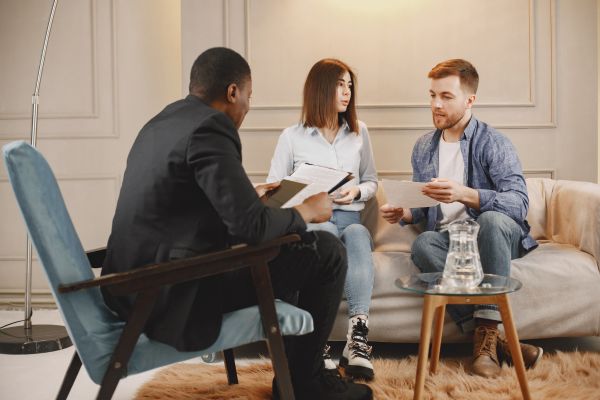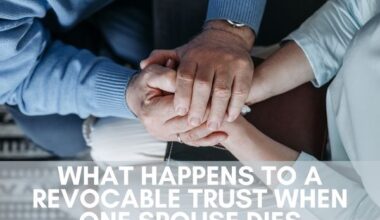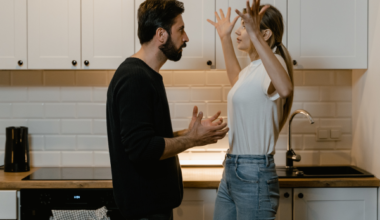Are you nervous about first marriage counseling session? Navigating the uncharted waters of marriage can be both exhilarating and challenging, often giving rise to feelings of excitement and uncertainty. As we embark on this journey together, I’d like to acknowledge any nervousness you might be experiencing about our first marriage counseling session.
It’s entirely natural to feel a mix of emotions as we take this significant step toward strengthening your relationship. This article explores the common anxieties associated with the first session and provides tips to prepare mentally and make the most of the counseling experience.
Nervous About The First Marriage Counseling session
Feeling nervous before the first marriage counseling session is entirely normal. It’s a significant step towards seeking professional guidance for relationship improvement. It’s also a space for open dialogue without judgment, aimed at understanding and growth. Let’s navigate this together to strengthen your relationship.
Normalizing Nervousness And Apprehension
Acknowledging that feeling nervous is a natural response can help reduce anxiety and allow couples to focus on the counseling process.
Preparing Mentally For The First Session
1. Acknowledge And Express Your Feelings
Acknowledge and express your feelings of nervousness with your partner, allowing for open communication and mutual support.
2. Discuss Apprehensions With Your Partner
Talk openly with your partner about any specific apprehensions or fears you may have about the counseling process.
3. Set Realistic Expectations
Set realistic expectations for the first session, understanding that it is an introductory phase where the therapist aims to understand your relationship dynamics.
4. Educate Yourself About The Process
Educate yourself about the general process of marriage counseling to gain a better understanding of what to expect.
Tips For Making The Most Of The First Session
1. Be Open And Honest
Be open and honest during the first session, sharing your thoughts and concerns without hesitation.
2. Focus On Active Listening
Actively listen to your partner’s perspective and experiences during the counseling session.
3. Trust The Therapist And Process
Trust in the expertise of the therapist and the counseling process to guide you towards positive changes.
4. Ask Questions And Seek Clarifications
Ask questions if you need clarification about any aspect of the counseling process or therapist’s approach.
Embrace Vulnerability
Embrace vulnerability during the first session, recognizing that it is a safe space to share your emotions and thoughts.
Understanding The Therapist’s Role
1. Creating A Safe And Supportive Environment
The therapist will create a safe and non-judgmental environment for open communication.
2. Assessing Your Relationship Dynamics
The therapist will assess your relationship dynamics and areas that may need attention.
3. Setting Goals For Future Sessions
Together with the therapist, you will collaboratively set goals for future counseling sessions.
Conclusion
Feeling nervous about the first marriage counseling session is a common experience. By acknowledging and expressing your feelings, preparing mentally, and approaching the session with openness and trust, couples can make the most of the counseling experience. Remember that the therapist is there to guide you towards building a stronger and healthier relationship.
FAQs
1. What can I expect during the first marriage counseling session? The first marriage counseling session typically involves introductions, a discussion of the counseling process, and an opportunity for you and your partner to share your concerns and goals. The therapist will begin to assess your relationship dynamics to tailor future sessions.
2. Is it okay to feel vulnerable during the first session? Yes, feeling vulnerable during the first session is entirely normal and expected. The counseling environment is designed to be safe and supportive, allowing you to share your emotions and thoughts openly. Embracing vulnerability can lead to a deeper and more meaningful counseling experience.








